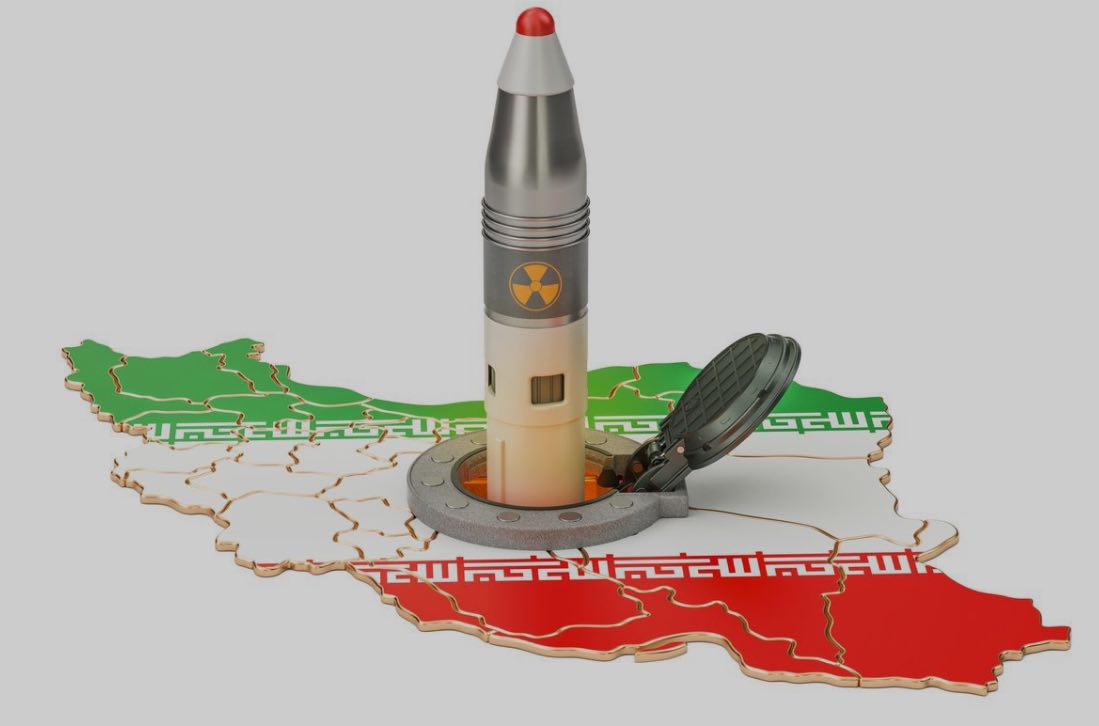Is the world ready to accept a nuclear Iran?
Is the world ready to accept a nuclear Iran? The continuation of military and security tensions in West Asia, the intensification of Israel’s aggressive and reckless policies in the region, the expansion of military operations and Israel’s attacks on southern Lebanon, and Israel’s provocative actions against Iran have gradually led international political, media, and strategic circles to join a trend contrary to the past. They no longer consider Iran’s acquisition of nuclear weapons as a threat to international security but rather see it as necessary and essential for the security of the Middle East and the world.
Two of the most prominent thinkers and strategists in international relations, John Mearsheimer, a professor at the University of Chicago and the architect of the offensive realism theory in international relations, and Stephen Walt, a professor at Harvard University and a proponent of the defensive realism theory in international relations, have separately and thoughtfully expressed their positions on Iran’s acquisition of nuclear weapons and its positive consequences.
A noteworthy point in the positions of these two international relations scholars is their extensive and sometimes joint studies in the areas of U.S. foreign policy, the Middle East, Israel, and Iran. In a recent interview, John Mearsheimer emphasized that nuclear weapons are a force for peace and that nuclear deterrence is the highest form of deterrence, stressing that neither the U.S., Israel, nor any power can attack a nuclear-armed Iran.
Mearsheimer pointed out that Israel’s extensive attack on Gaza has increased the likelihood of Iran acquiring nuclear weapons, and he explicitly emphasized that if Iran possesses nuclear weapons, the possibility of a large-scale war in the Middle East would be significantly reduced.
Stephen Walt, in the latest issue of the prestigious Foreign Policy magazine, initially refers to the views of Kenneth Waltz, a neorealist theorist of international relations in the 1980s. Waltz believed that the simplest way to create stability in the Middle East is for Iran to acquire a nuclear deterrent. Waltz argued that having a nuclear arsenal would reduce Iran’s security fears, give Iran fewer reasons to cause trouble for others, and compel its regional rivals to refrain from using force against Iran in ways that might inadvertently lead to nuclear exchanges.
Stephen Walt, referencing Waltz’s viewpoint, believes that the actions of the United States and Israel over the past decades have pushed Iran towards nuclear weapons to create deterrence. He notes that Iran’s acquisition of nuclear weapons could lead countries like Turkey and Saudi Arabia to lean towards this power, resulting in a relative nuclear balance in the Middle East. He concludes that this situation could lead to peaceful coexistence in the region and reduce tensions and conflicts in this highly challenging part of the world.
In explaining the views of these two prominent international thinkers, it should be emphasized that neither has an interest in a country like Iran acquiring nuclear weapons. However, the logic of the realism school, of which both are leading figures, compels them to adopt a realistic view of the positive consequences of Iran acquiring nuclear weapons and perhaps implicitly accept the necessity and importance of this occurrence and insist on this view in the future.
This realism logic naturally influences the traditional views of governments, circles, and international media that have been strongly opposed to Iran acquiring nuclear weapons. It can be predicted that gradually this view will change, and the world will slowly move towards accepting a nuclear-armed Iran and perhaps see the necessity of this event.
Therefore, reactions like resorting to any means to prevent Iran from acquiring nuclear weapons, even war, which are proposed by the U.S. and Israel, are not merely declared threats, and the likelihood of their occurrence is very low due to the heavy costs they could impose on the region and the world.
As Stephen Walt believes, what has driven Iran towards nuclear weapons are, in fact, the provocative actions and economic and sometimes security threats from the U.S. and Israel over the past two decades.
However, the increasing factor in highlighting this view is the recent war between Israel and Gaza, Israel’s aggression against Lebanon and Hezbollah, and the subsequent reciprocal attacks between Israel and Iran, including two unprecedented missile attacks by Iran on Israel, and the possibility of extensive, costly, and prolonged conventional wars in the Middle East, which could spread to other regions. This has seriously led some major powers, security circles, and political experts to consider and plan for a nuclear-armed Iran.
In this situation, only one player, namely Israel, is firmly opposed to Iran acquiring nuclear weapons and might even resort to unconventional actions because this event would eliminate military superiority in the region, and this country would no longer be able to pursue its military and non-military policies and programs in the region, like its attack on Gaza, without concern and backed by its nuclear superiority.
Except for Israel, other countries, including regional countries and major powers like the U.S. and the European Union, have reached or will reach the necessity of regional nuclear balance in the Middle East with the aim of creating lasting stability and security in the region.
Therefore, based on the findings of international relations knowledge and studies and ongoing trends and developments, creating a nuclear balance in the Middle East with Iran at the forefront will more likely establish and ensure regional and global stability and security. However, the question arises as to when this balance will openly and practically take shape in the Middle East. Can we expect the formation of a nuclear balance in the Middle East in the near future, as suggested by the positions of some Iranian officials indicating a strategic shift in Iran’s nuclear stance?

